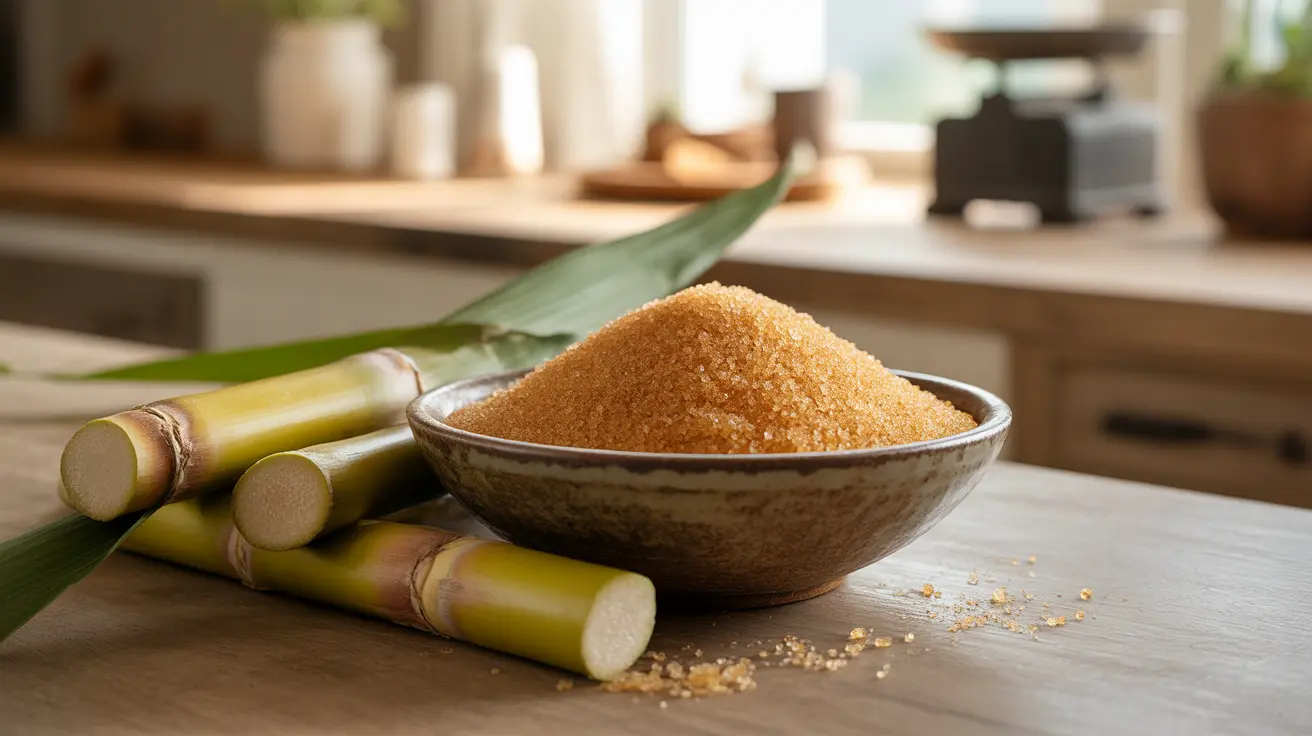In the world of natural sweeteners, rapadura sugar has gained attention as a less processed alternative to conventional white sugar. This traditional sweetener, derived from sugar cane juice, offers unique characteristics that set it apart from refined sugar products. Understanding its properties, benefits, and limitations can help you make informed decisions about incorporating it into your diet.
What Is Rapadura Sugar?
Rapadura sugar is a natural, unrefined sugar made by extracting juice from sugar cane and then evaporating it at low temperatures. Unlike white sugar, which undergoes extensive processing, rapadura sugar retains its original molasses content and natural minerals. This minimal processing approach results in a distinctive brown color and a rich, complex flavor profile.
Nutritional Profile and Composition
While rapadura sugar is still primarily composed of sucrose, it contains trace amounts of nutrients that are typically stripped away during conventional sugar processing. These include:
- Iron
- Calcium
- Potassium
- Magnesium
- Phosphorus
- B vitamins
However, it's important to note that these nutrients are present in very small amounts, and rapadura sugar should not be considered a significant source of vitamins and minerals in your diet.
Culinary Applications and Usage
Rapadura sugar's unique characteristics make it versatile in various culinary applications. Its rich molasses flavor can enhance both sweet and savory dishes. When substituting rapadura sugar for white or brown sugar in recipes, consider the following:
- Use a 1:1 ratio for most recipes
- Account for its stronger flavor profile
- Expect slightly different moisture content in baked goods
- Consider its darker color might affect the final appearance of dishes
Health Considerations and Limitations
Despite its more natural state, rapadura sugar is still a form of sugar and should be consumed in moderation. While it may offer slight nutritional advantages over refined sugar, it affects blood sugar levels similarly and contributes to daily caloric intake.
The American Heart Association recommends limiting added sugar intake to no more than 6 teaspoons (25 grams) per day for women and 9 teaspoons (36 grams) for men, regardless of the sugar type.
Frequently Asked Questions
What are the health benefits and nutritional differences of rapadura sugar compared to regular white sugar?
Rapadura sugar contains small amounts of minerals and vitamins that are removed during white sugar processing. However, these nutritional differences are minimal, and it should still be considered a form of added sugar rather than a significant source of nutrients.
How does rapadura sugar affect blood sugar levels and is it safe for people with diabetes?
Rapadura sugar affects blood sugar levels similarly to regular sugar as it is still primarily sucrose. People with diabetes should treat it the same way as other sugars and include it in their total carbohydrate counting. Always consult with healthcare providers about incorporating any type of sugar into a diabetic diet.
What are the potential health risks associated with consuming rapadura sugar?
The health risks of rapadura sugar are similar to those of other sugars when consumed in excess, including dental cavities, weight gain, and increased risk of type 2 diabetes and heart disease. While it's less processed, it should still be consumed in moderation.
Can rapadura sugar be used as a direct substitute for white or brown sugar in cooking and baking?
Yes, rapadura sugar can generally be used as a 1:1 substitute for white or brown sugar in recipes. However, be aware that it may impart a stronger molasses flavor and darker color to your finished products.
How much rapadura sugar is safe to consume daily according to health guidelines?
The safe daily consumption limits for rapadura sugar align with general added sugar guidelines: no more than 6 teaspoons (25 grams) for women and 9 teaspoons (36 grams) for men. These limits apply to all forms of added sugar in your diet.




